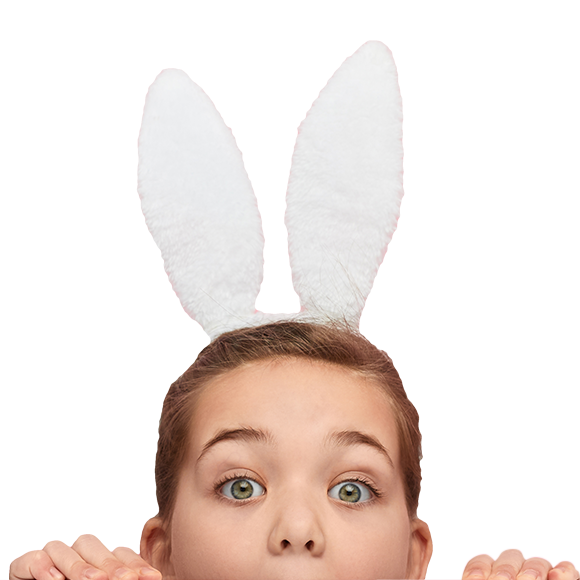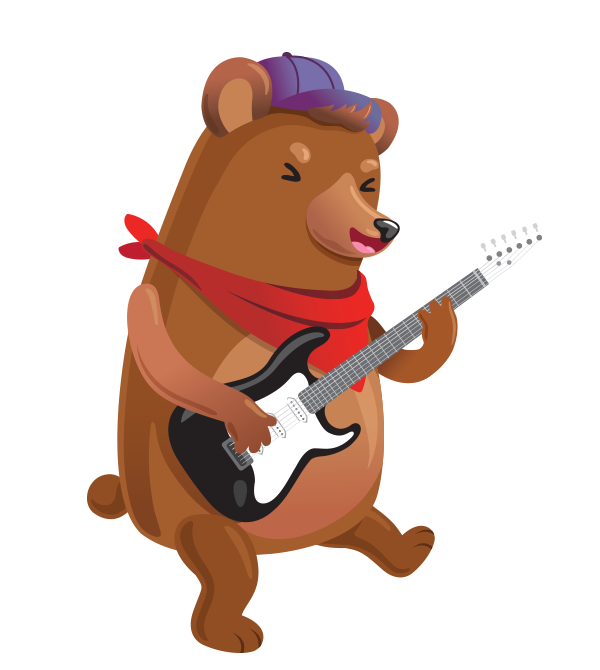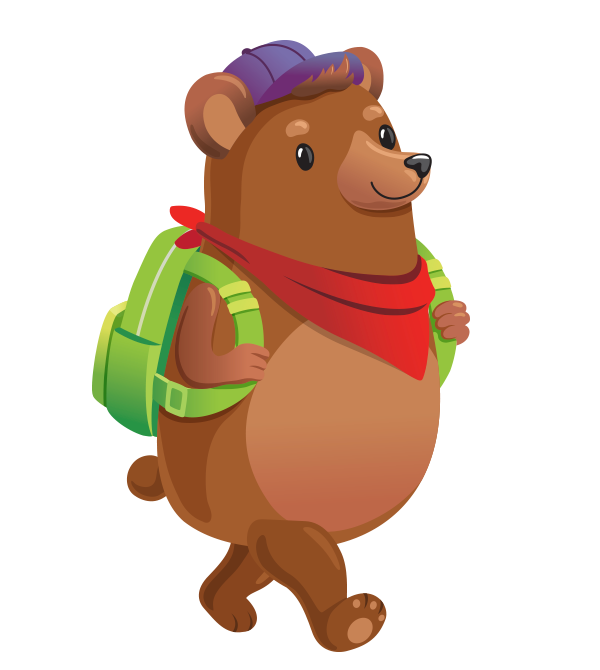
Kindergarten
Our 1:8 ratio Kindergarten programs are for families who would like their child to continue enriched in-person learning in a small group setting. We offer both Junior and Senior Kindergarten; children attending are turning either 4 or 5 years of age by December of the year they are enrolled.
Ages
4-6 years old
Times
Extended Day – 8:30am-2:30pm
Full Day – 7:30am-6:30pm

The Program
We develop customized education plans reflecting on each student’s aptitude, learning style, and interests into account. Students learn collaboratively, developing strong emotional intelligence, self-reliance, and self-esteem while establishing time management and clear communication skills.
Each student is assessed regularly to ensure all building blocks of learning they need are in place. Work and records of what students are researching and investigating through the curriculum is documented. This supports reflection, questioning, and discussion on specific learning topics and demonstrates student’s developmental growth over time.
The inquiry and project-based approach supports intellectual risk-taking and curiosity that develops multi-dimensional and out-of-the-box thinking. Children develop practical and effective problem-solving skills so they can master, retain, and apply what they’ve discovered long after the test is over.
Curriculum
Reading Comprehension
Daily guided, independent, and group reading time build the foundations of solid reading comprehension. Students learn to alternate between sight and sounding out reading strategies. They identify word meanings and pronunciation, alone and in sentences. Students explore storytelling as an art form using various reading materials and genres. They respond to familiar and predictable language patterns by joining in or using vocal response, extending their vocabulary, and developing reading skills. They discover fascinating things that interest them and their peers. From letter sounds to word relationships to sentence structures, children understand how our language works and how it relates to the world.
Language Arts
In our Language Arts Program, students develop:
- Listening and speaking phonic skills
- Whole word recognition
- Reading for meaning
- Early creative writing
- Sight vocabulary by recognizing recurring letter patterns
- Word formation, CVC words, blended sounds
- Consonant blends, word endings, long and short vowels, digraphs and trigraphs.
- Class made sight word wall and dictionary
- Sentence recognition and composition
- Basic punctuation and grammar
- Journal writing, book making
- Reading
Writing
Multi-sensory activities exercise manual dexterity, developing the small hand and wrist muscles in a fun and constructive way making handwriting an automatic natural skill. Expanding letter recognition to letter formation, developing good letter formation, legibility and sentence spacing and eliminating letter reversal. Learning to clarify our thoughts before writing down words, setting goals for our paragraphs, sticking to them, and remembering important information is all necessary for writing. Students in each grade learn to use standard written forms and language to communicate clearly and effectively. In weekly discussions on reading, speech, writing workshops, journaling, and home-related projects, students receive the tools they need to produce successfully communicated original writing, reflecting their ability to think and express themselves independently and critically.
Mathematics
Students are challenged to explore and explain the world through a mathematical perspective. They develop an understanding of numerals and their relation to real life situations by applying them to role playing scenarios; formal addition and subtraction, concrete problem solving, monetary quantity, measuring, weighing, volume, mass, geometry, patterns, graph and table making, temperature and relative time symmetry. Students compare, order and represent numbers to 100 using concrete materials and counting by 1s, 2s, 5s, 10s to 100 while learning place value (ones, tens, and hundreds). They practice estimation and probability and are supported to describe reasoning when solving number problems. Student’s will delve into the beginning stages of multiplication and division using tangible materials and projects.

Social Studies
By understanding the history of our diverse community, we are better able to develop within it. The concepts explored provide students with a means to develop their ability to reflect and adapt to an ever-changing world. Students learn to investigate and communicate their findings, analyze important events, and assess the strength of arguments within their creative investigation. With a focus on fostering critical thinking skills and research practices, Ridley Orchard supports student’s capacity for conflict resolution and strengthens communication skills to help them achieve their goals.
Learning how to make resources, such as maps and graphs, allows students to understand the people, places, and things they will be analyzing in their research. Visual data and information are an essential part of our Social Studies lessons as they contribute to both theoretical and practical comprehension from the student. Each year, students learn what it means to be a responsible and active citizen of our school community and the various communities they belong to outside of school. Within the Social Studies program, students learn the how and why they are part of many communities. Even more than that, they realize that they are members of both individual communities and, more significantly, a global society.
Coding
Just as learning a new language allows us to participate in new communities, so too does coding. Children once expressed themselves through pen and paper; they now also desire to do so by designing applications, websites, and other access points into the digital world. Learning a new language and coding have much in common. Though coding itself may be relatively new as a subject at such a young age, language is not. This self-expression works similarly to reading and writing any language spoken in the world today, and the benefits of such multilingual education are well documented. Ridley Orchard combines unplugged coding and technology-based coding for a well-rounded exploration of programming.
Creative Arts
Students create using various media and techniques, experimenting with colour, line, shape, form, texture, and space. They acquire a sense of invention, completion, and accomplishment. Creative projects allow children to mix information with imagination and self-expression, create confidence, and inspire others. Students experiment with varied techniques and materials and demonstrate an understanding of their use while developing focus and concentration skills. They practice tasks requiring eye hand co-ordination, precision and perceptual skills and develop fine motor muscles strength. Creative Art challenges a child’s imagination with the endless possibilities it brings.
Science
Students at Ridley Orchard develop STEM (science, technology, engineering, and mathematics) challenges each week that allow them to participate and play an active role in advancing STEM fields of study. They explore, experiment, and discovery using a variety of materials. Students develop process skills, they establish cause and effect, make observations about results from experimenting with materials and problem solve by answering – what, where, when, how, and why. Students extend and apply prior knowledge to solve the problem at hand, developing concrete learning into abstract critical thinking. They progress to documenting their experiments and findings by drawing, writing, and reading simple messages. Students will research, collect materials and information, develop, conduct, present, draw and write their own Science Fair experiments.
Athletics
Ridley Orchard’s athletic program focuses on developing teamwork, commitment, sportsmanship, resilience, and a healthy lifestyle. Students will learn soccer, basketball, volleyball, hockey, baseball, yoga, tennis, gymnastics and more. Movement is a fundamental part of a child’s development, and physical literacy is a part of every student’s daily schedule. Team games and activities promote cooperation while having tons of fun. These activities create a unique opportunity where we challenge character growth in a way that has children eager to participate.
Community Connection
Children are fully engaged when they can explore the world around them. Children’s natural curiosity and exuberance towards their community supports their feelings of belonging, form meaningful relationships with others, contribute and be part of a group. Community teaches us that participation is valued and appreciated. Ridley Orchard supports the significance of that harmony. Working with family, extended family, friends, neighbours, and local organizations, students experience the reality of a strong growing community in a way that empowers them to not only participate but take up the leadership role in leading us all to a better tomorrow.
Project Presentation
Through presentations and speeches, students verbally communicate their thoughts and ideas on various topics and learn from each other about the world around them. While students present their projects, share their thoughts and ideas about what they are learning, they ultimately strengthen their receptive and expressive language skills. By responding to their peer’s questions and comments, students practice collaboration and further develop and apply their abstract and critical thinking.
And more…
Students enjoy Music and Dance along with French, and Spanish classes.
Sign up Today
Ready to get started? Ask us for a tour of our facilities and ask any questions you might have. We’re happy to have you join us!
